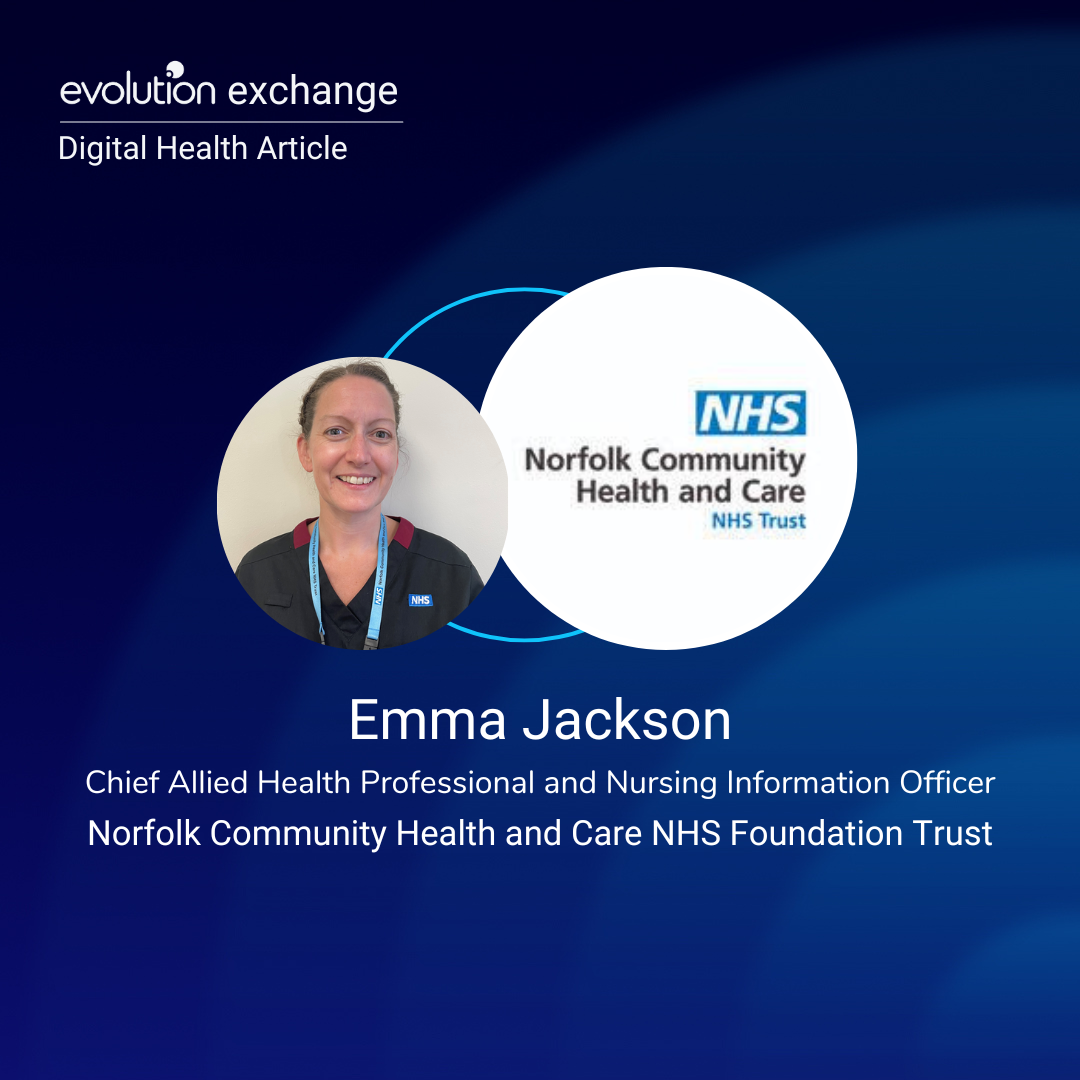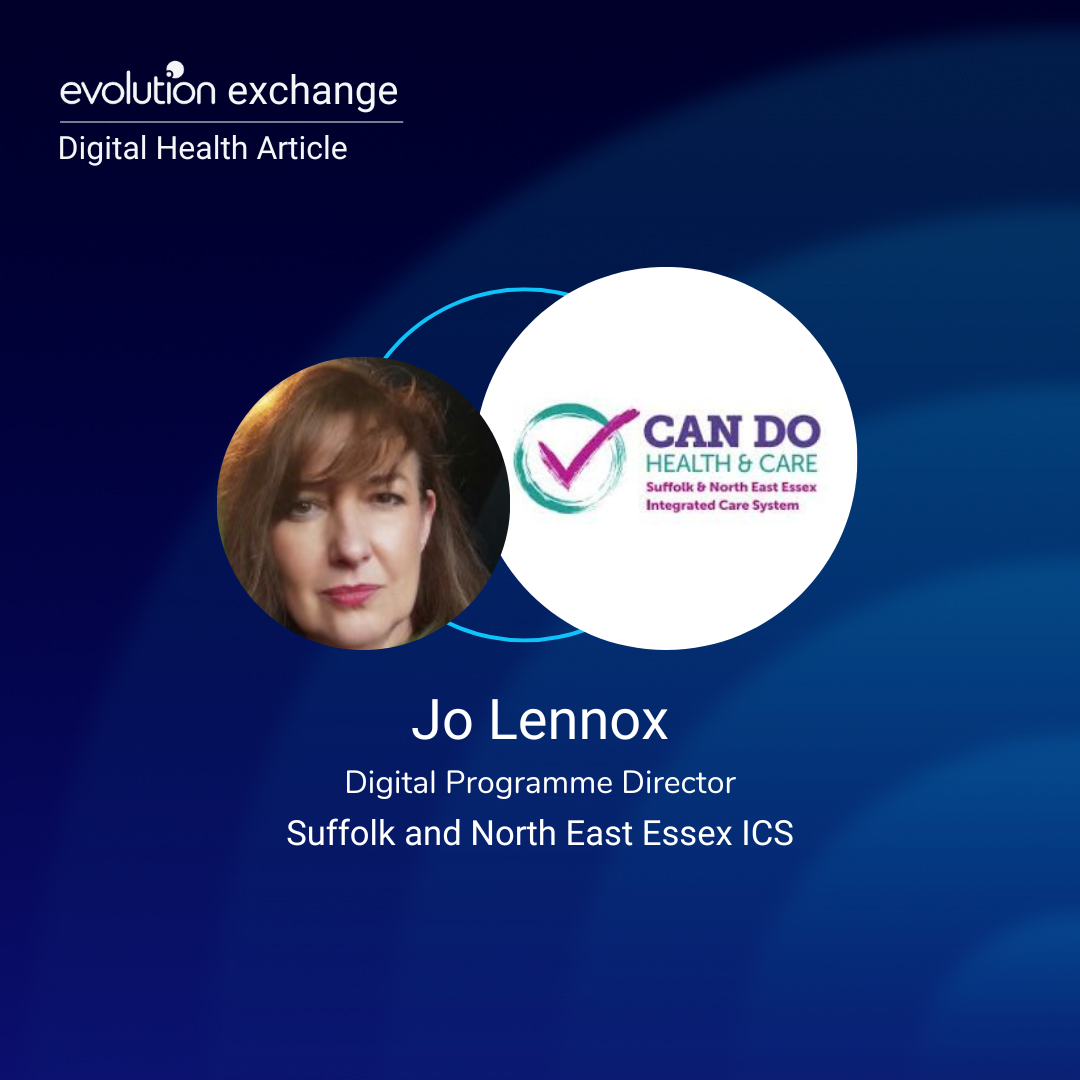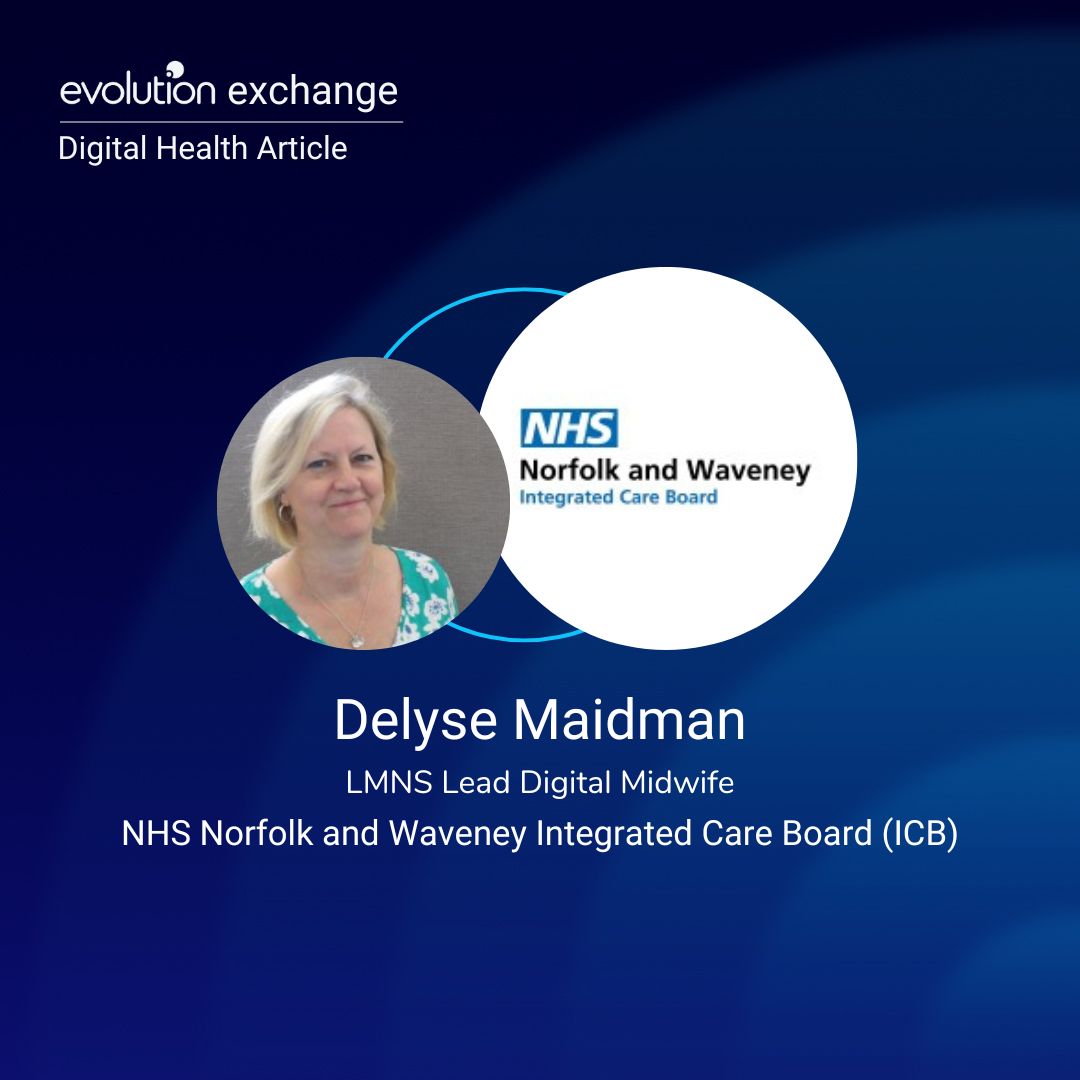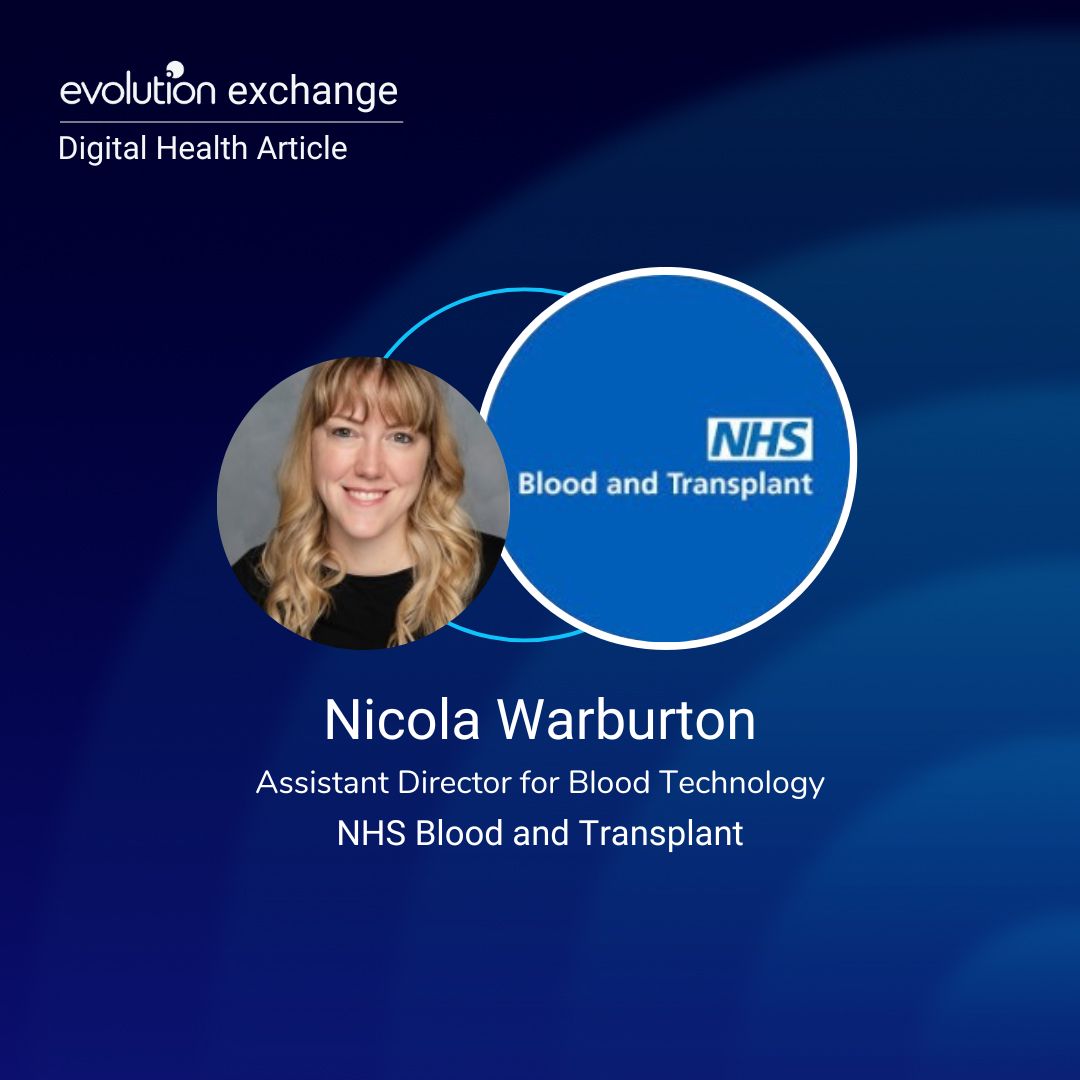Nikki Turner, the recently appointed Chief Digital Information Officer (CDIO) for Sherwood Forest Hospitals, has carved out an impressive career in NHS digital leadership. Her journey offers valuable insights into the evolving landscape of healthcare technology and the challenges faced by female leaders in the field.
An Organic Career Path
Nikki’s career in healthcare IT began unexpectedly. “I started as the first ever help desk operative at what was the Queen’s Medical Centre,” she recalls. This entry-level position provided her with a unique perspective on the rapid acceleration of digital technology in healthcare. “We had green screen computers, very few of them, a couple of them in ED mainly to look up a very basic set of patient records, typewriters on the desk, dictaphones, etc.,” Nikki says, painting a picture of how far technology has come in the NHS.
From this starting point, Nikki’s career progression was organic rather than meticulously planned. She moved through various roles, including help desk manager, training, applications team member and also data quality lead, and. Each new position built upon her previous experiences, allowing her to develop a comprehensive understanding of healthcare IT from multiple angles.
The Importance of Customer Service and Leadership
Nikki credits her early experience in an outsourced IT company for instilling in her the importance of customer service. “I think that gave me an amazing foundation as to how to provide good customer service,” she reflects. This customer-centric approach has remained a cornerstone of her leadership philosophy throughout her career.
As she progressed into leadership roles, Nikki found that her experience working alongside colleagues proved invaluable. “I don’t think I’ve ever found it a massive difficulty managing people I’ve worked alongside,” she says. “I think that’s actually given me some really good foundations for leadership and hopefully kindness and inclusivity.”
Technical Knowledge vs. Leadership Skills
One of the key questions facing many in IT leadership is whether technical expertise is necessary. Nikki’s perspective is nuanced: “No, I don’t [think you need to be technical to be a technical leader]. However, I think you’ve got to have the respect, trust and support of the technical experts.”
She emphasises the importance of being able to translate technical information for different audiences. “I actually get quite a buzz out of understanding something enough from a technical perspective and then translate it into the relevant information for the audience that’s about to receive it,” Nikki explains.
Challenges for Female Leaders in Tech
Throughout her career, Nikki has faced challenges common to many women in leadership positions, particularly in male-dominated fields. One recurring issue has been the mischaracterisation of passion as emotion.
“I’ve had a couple of occasions where I’ve been really passionate about something and somebody in the room, would say, ‘Oh, Nikki got really emotional’ or ‘Let’s take the emotion out of this,'” she recounts. “And actually, you know, I haven’t felt emotional about it. I felt passionate about it. I don’t think men would accuse men of that.”
Nikki has learned to address this head-on: “Now I would think I would have no problem in standing up to a peer and saying, please don’t mistake my passion for emotion.”
The Value of Mentorship and Networks
For Nikki, mentorship and professional networks have been crucial to her success and well-being. “We all need a check and challenge,” she asserts. “I’d be lost without mine. I often pick the phone up or drop a WhatsApp or a text to say, can we just have a chat on the drive home? I need to decompress, or I need your advice about something.”
She also emphasises the importance of being a mentor to others, sharing how she has helped colleagues, particularly those looking to enhance their leadership skills and emotional intelligence.
Advice for Aspiring Leaders
For those looking to follow a similar career path, Nikki offers clear advice: “Listening and learning are absolutely key” She encourages aspiring leaders to understand the operational landscape by engaging with people at all levels of the organisation.
“Go and do a shift with the bronze, with the silver, go and talk to the people in ED who are dealing with flow and talk to other people across the system,” she advises. “It’s about listening to others and really knowing your operational beans.”
Nikki also stresses the importance of collaboration and working across portfolios. “Long gone are the days where you’ve got a job description and person specification that is in IT and there’s no outreach,” she notes. “The outreach is far and wide.”
Nikki’s journey from help desk operative to Chief Digital Information Officer exemplifies the evolving nature of healthcare IT leadership. Her experiences highlight the importance of customer service, emotional intelligence, and continuous learning in navigating the complex landscape of NHS digital transformation. For women in tech leadership, her story offers both inspiration and practical advice on overcoming challenges and making a lasting impact in the field.






























